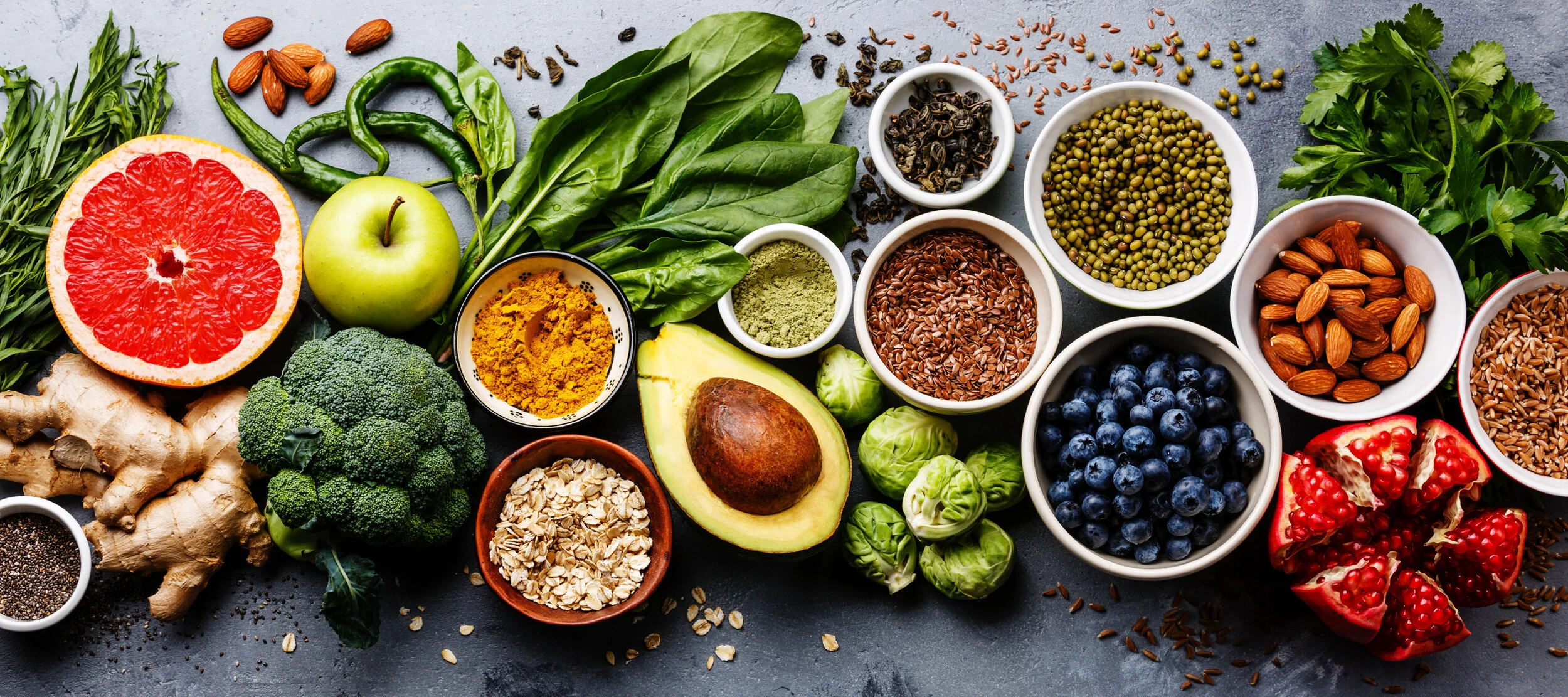It has often been stated that we are what we eat; while this phrase isn’t wholly correct, it has some bits of truth. When we consider our diets, most of us know that every bite will either fuel our bodies efficiently or contribute to some negative impact on our bodily systems. Here, we will take a look at some foods that are good for the colon.
Healthy Colon Diet Tips
Generally speaking, high-fiber foods are great for helping to promote regularity and the passage of waste through the colon. Additionally, it’s always a good idea to consume antioxidant-rich foods high in immune-boosting nutrients— these can help our bodies in the constant fight against mutations in rapidly dividing cells like the epithelial lining inside the colon.
Some individuals struggle with inflammatory bowel diseases (IBDs) like Crohn's Disease. It is important to note that these individuals— and those with autoimmune conditions like Celiac— should follow the directions provided to them by their doctors. The foods we have listed below are recommended for otherwise healthy individuals who have no predispositions.
Foods that Fight Colon Cancer
While the importance of what we put in our bodies cannot be denied, it’s equally critical to have regular screenings to aid with the early detection of precancerous cells in the colon wall. Here at the Colorectal Clinic of Tampa Bay, we recommend that patients get their first colonoscopy at the age of 50, unless there is a family history of the disease, in which case you should see a doctor sooner.
Lean Proteins: Lentils, Peas, and Soybean Products
Since red meat has been linked to increased colorectal cancer risk, try to get your protein from other food groups. Additionally, high cholesterol seems to lend an increase in colon cancer risk. All animal sources of protein will contain varying levels of cholesterol, so choose your proteins wisely. Perhaps the best protein source, especially for predisposed individuals, might be plant-based sources like lentils, peas, beans, tofu, tempeh, and other plant proteins.
Antioxidant-Rich Foods: Blueberries, Spinach, and Nuts
Probably the easiest way to get loads of antioxidants into your diet is to eat the rainbow. Antioxidants give these foods their bright colors, and selecting many colors can give you the best variety of cancer-fighting antioxidants.
Selenium-Rich Foods: Brazil Nuts
A common trend in the plant-based community has been coined “four on the fourth.” This monthly reminder helps plant-based enthusiasts to eat four brazil nuts on the fourth of every month; the amount of selenium found in four brazil nuts may help reduce your risk for high cholesterol and colon cancer.
Omega-3 Fatty Acids: Flaxseed and Walnuts
Salmon is often hailed as the holy grail of omega-3s, but other sources have zero impact on your blood cholesterol levels. If you don’t struggle with high cholesterol, there’s no reason you can’t reach for the occasional fillet of salmon, but nuts and oils tend to be much more practical applications of omega-3 additions to a healthy diet. Add or substitute the eggs in your baking recipes for flaxseed, or make your own homemade walnut “milk” to use in fresh lattes.
Foods High In Vitamin C: Oranges, Broccoli, and Kiwi
Perhaps the most interesting thing you may learn about vitamin C is that it has powerful anti-cancer effects. According to the NIH, “people with high intakes of vitamin C from fruits and vegetables might have a lower risk of getting many types of cancer, such as lung, breast, and colon cancer...”. Of all of the fruits and vegetables, oranges, broccoli, and kiwi flaunt the highest levels of vitamin C.
Fiber, Fiber, Fiber: Barley, Chia, and Peas
Aside from being a great bulking agent, fiber is also essential in the proper nutrition of - you guessed it— the gut microbiome. Surprisingly, only 1 in 20 Americans consumes enough fiber every day. That’s a plethora of under-fed intestinal bacteria! When we consider the far-reaching implications (metabolism, mental health, and immune function) of a monotone gut flora, it becomes apparent that fiber is integral to a healthy body, colon, and mind.
Don’t Forget the Screening
The best diet in the world won’t alert you to a problem that is already brewing inside your colon. If you have a family history of colorectal cancer, make sure to connect with a colorectal specialist; your doctor will help you develop a plan and set up regular screenings to help detect early signs of cancer. Here at the Colorectal Clinic of Tampa Bay, we offer colonoscopies and many other colorectal services; give us a call today.





